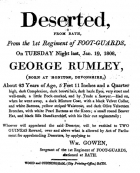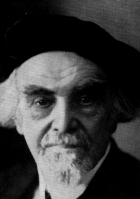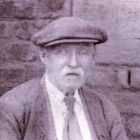Britain & Ireland
What was it about industrialisation that led to the emergence of a woman’s movement in Victorian Britain? Why do we see so many people fighting for so many rights and liberties in this period and what are the origins of some of the issues we still campaign on today? This section includes our major series on Social and Political Change in the UK from 1800 to the present day. There are also articles and podcasts on the often violent relationship between England and Ireland during this period and England’s changing relationship with Scotland and Wales. Read more
Sort by:
Date (Newest first) | Title A-Z
Show:
All |
Articles |
Podcasts |
Multipage Articles
-
Britain's Olympic visionary
ArticleClick to view -

The history of bigamy
ArticleClick to view -

Wellington's Soldiers in the Napoleonic Wars
ArticleClick to view -

History's big picture in three dimensions
ArticleClick to view -

The death of Lord Londonderry
ArticleClick to view -

The Pennsylvanian Origins of British Abolitionism
ArticleClick to view -

A Victorian deserter's family story: surviving a clash of loyalties
ArticleClick to view -

Buffalo Bill and his Wild West show opens London's Earl Court in 1887
ArticleClick to view -

Disraeli, Peel and the Corn Laws: the making of a conservative reputation
ArticleClick to view -

The Slave trade and British Abolition, 1787-1807
ArticleClick to view -

Attitudes to Liberty and Enslavement: the career of James Irving, a Liverpool slave ship surgeon and captain
ArticleClick to view -

Landowners and their motives for change at the Suffolk village of Culford between 1793 and 1903
ArticleClick to view -

After the Uprising of 1956: Hungarian Students in Britain
ArticleClick to view -

Child Health & School meals: Nottingham 1906-1945
ArticleClick to view -

The great Liberal landslide: the 1906 General Election in perspective
ArticleClick to view -

Twickenham as a Patriotic Town
ArticleClick to view -

Guy Fawkes in Manchester: The World of William Harrison Ainsworth
ArticleClick to view -

How Nelson Became a Hero
ArticleClick to view -

Christopher Hill: Marxism and Methodism
ArticleClick to view -

Thomas Muir and the 'Scottish Martyrs' of the 1790s
ArticleClick to view

